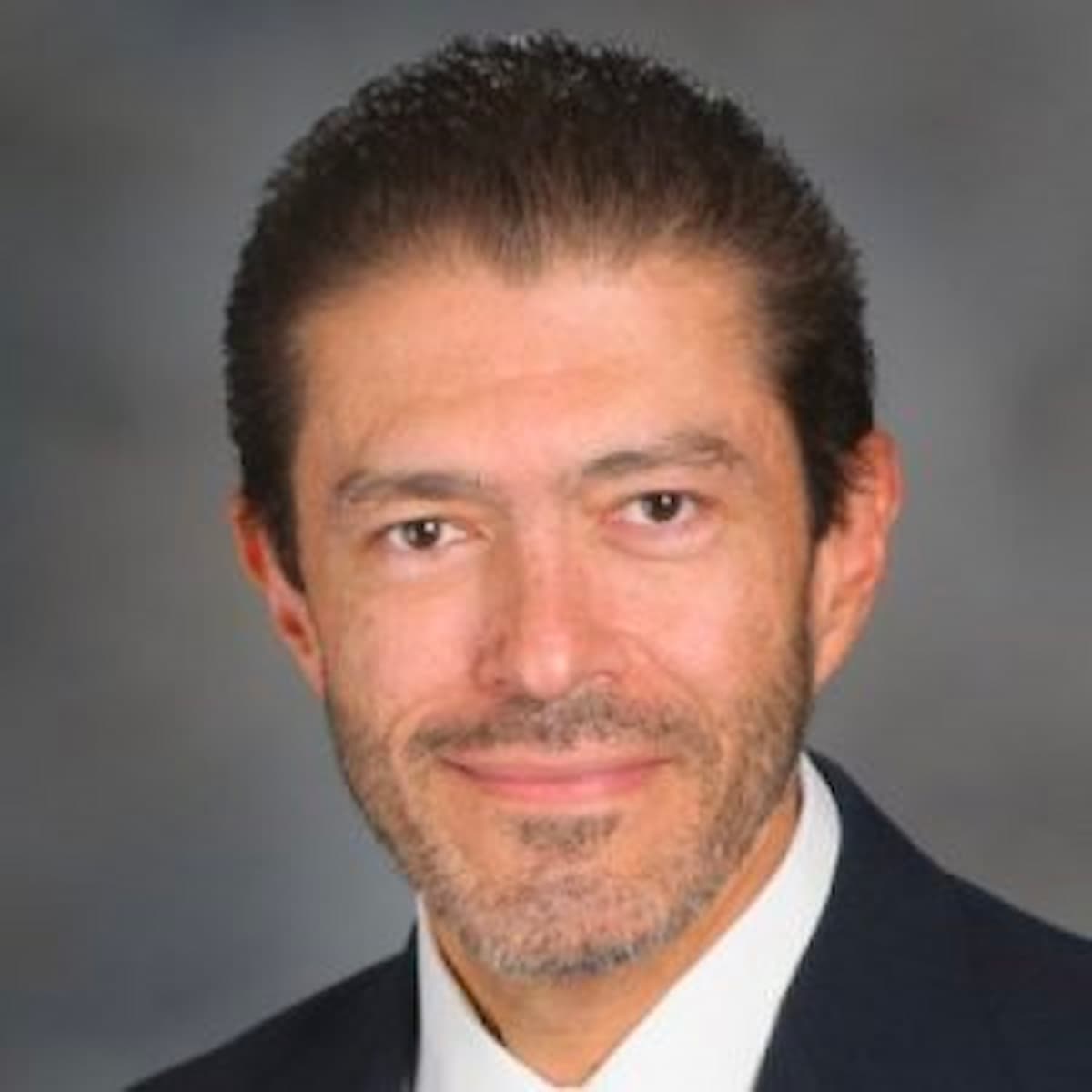Expert Describes Poor HRQOL, Unmet Social Needs in Hematologic Cancer Survivors
An expert from the Georgia Cancer Center underscores the need to proactively address socioeconomic challenges in survivors of hematologic cancer.
Unmet social needs, including food and housing insecurity and a reduced health-related quality of life (HRQOL) were observed in a study in population of hematologic cancer survivors, highlighting the need for a comprehensive care plan from diagnosis to survivorship, according to Jorge Cortes, MD.
Jorge Cortes, MD, director of the Georgia Cancer Center at Augusta University

Study author Cortes, director of the Georgia Cancer Center at Augusta University, spoke with CancerNetwork® described the challenges that survivors of hematologic cancer face and strategies to address them, including identifying support systems and assistance programs.
The study showed that among 53 respondents, survivors who experienced food insecurity (n = 5) had a worse mean HRQOL score (63.3) vs those who were food secure (87.33; P = .0308). A similar trend in HRQOL score was observed among those who struggled to pay utility bills compared with those who didn’t (53.75 vs 86.27; P <.0001). Housing insecurity (59.5 vs 86.04; P = .1022) and a lack of reliable transportation to health care providers (53.75 vs 86.27; P < .0001) also correlated with a worse mean score.
“Cancer doesn’t end once you finish your treatment,” Cortes said. “Even if you survived cancer, there are lingering effects that we need to pay attention to.”
CancerNetwork®: What do you feel is the significance of this research?
Cortes: The study examined survivors of hematologic malignancies and focused on the impact of cancer on their long-term quality of life and other health care needs. The main finding is that a significant number of patients remain with some residual problems from their cancer diagnosis.
Many still feel symptoms; pain [is] very common, for example, [in] about 25% of patients. Also, many still face challenges that correlate with those residual symptoms that affect their quality of life. Food insecurity is also very common; about 10% of patients have food insecurity.
How could healthcare providers take these socioeconomic factors into account when treating patients?
Our survivorship plan needs to start when the patient is diagnosed with cancer, not when they complete treatment. That allows us to identify their whole socioeconomic environment—where they live and where they’ll address their cancer needs. This way, we [can] prepare them and provide them the resources to help identify any potential organizations, support systems, assistance programs, [or] anything else that may help them during the process of fighting cancer, and [plan for] what is going to come next; [we can] establish patterns of follow-up for their socioeconomic, health care, and psychologic mental health needs.
Are there any plans for future research or analyses of these data?
Yes, this was a retrospective analysis of patients who have already completed their treatment. We want to do these more prospectively and start addressing [these needs] from the beginning to see how many we can identify early and proactively intervene.
We’re also conducting a comprehensive analysis of all the social determinants of health and how they interact with the cancer itself in determining outcomes and what’s going to happen after they finish treatment. We want to expand not only in numbers, but in scope, and start addressing these more prospectively at the time of diagnosis.
Was there anything else you wanted to add?
It’s important that when we read the literature and see all the great advances we have in cancer, we cannot forget the impact these diagnoses have on patients. [These include] financial [impacts], long-term complications, and other health care needs. If we don’t integrate that into our research, we’ll leave many patients behind. We’d only be partially doing our job.
It’s important that patients not only live longer, but also live well. We need to provide them these services to achieve a more complete survivorship experience that allows them to enjoy life, care for their families, their jobs, and their hobbies. [We want to] get them back to society as someone who can provide and enjoy its benefits.
Reference
Coughlin SS, Ayyala DN, Stewart JL, Cortes JE. Social needs and health-related quality of life among hematologic cancer survivors. Support Care Cancer. 2022;30(11):8919-8925. doi:10.1007/s00520-022-07281-2
How Supportive Care Methods Can Improve Oncology Outcomes
Experts discussed supportive care and why it should be integrated into standard oncology care.
How Supportive Care Methods Can Improve Oncology Outcomes
Experts discussed supportive care and why it should be integrated into standard oncology care.
2 Commerce Drive
Cranbury, NJ 08512
All rights reserved.